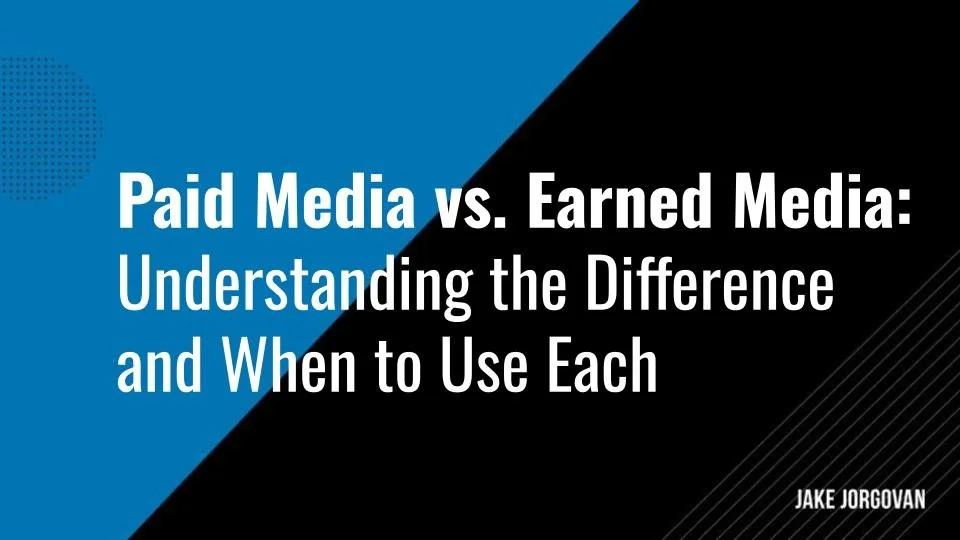The Importance of Micro-Influencers for B2B Brands in 2025
Micro-influencers are becoming a game-changer in B2B marketing.
B2B brands are turning to them for their authenticity, stronger engagement rates, and cost-efficiency:
They foster genuine trust with niche audiences.
They deliver higher engagement with fewer followers.
They provide a lower-cost option with better ROI.
Micro-influencers build credibility and connect directly with specialized audiences.
For B2B brands, this means more meaningful engagement and precise targeting in their marketing efforts.
Continue reading to discover how micro-influencers can transform your B2B marketing strategy by delivering focused engagement and substantial ROI.
Why Micro-Influencers Are Effective for B2B Brands?
It’s important for B2B brands to find ways to connect with specific audiences. This is where micro-influencers can help.
They might not have millions of followers, but they bring honesty, trust, and real connections to the table—qualities that big influencers often can’t match.
Let’s look at why micro-influencers are so valuable for B2B brands.
Authenticity and Trust
In B2B markets, authenticity drives decisions. Micro-influencers, with their genuine content and personal brand, naturally earn trust more effectively than their larger counterparts.
That’s why 70% of people trust micro-influencers more than celebrities.
Here's why they're effective:
Direct connections: They engage directly with their followers, fostering a sense of personal trust.
Credibility: Their recommendations are often seen as more credible, based on real use and expertise.
Transparent motivations: Their smaller scale implies transparent motives, not overshadowed by commercialism.
For B2B brands, this authenticity translates to deeper trust and reliability in promotions.
Engagement Rates
Micro-influencers achieve higher engagement rates than larger influencers or celebrities despite having smaller followings.
Their focused, niche audiences are highly responsive.
The content they share resonates deeply, sparking meaningful conversations.
Each interaction holds greater significance, fostering robust connections tailored to business needs.
For B2B brands, this translates into interactions that are not just frequent but rich in quality, enhancing the impact of marketing efforts.
Cost Efficiency
Micro-influencers offer a cost-effective approach for B2B brands:
Their collaborations are typically more budget-friendly compared to high-profile influencers and paid ads.
The investment is lower, making it feasible to engage multiple micro-influencers for the price of one celebrity endorsement.
The return on investment is often superior due to highly targeted and engaged audiences.
These advantages allow B2B companies to stretch marketing budgets further while maintaining high-quality audience interactions. Basically, you’re maximizing your overall marketing effectiveness.
Lower CPA
Micro-influencers significantly lower Cost Per Acquisition (CPA) for B2B brands:
Their genuine interactions result in higher conversion rates.
Targeted messaging aligns closely with the needs of specific B2B buyers.
Smaller, engaged audiences lead to less wasted expenditure on broad, uninterested segments.
This efficient targeting ensures that your marketing funds are spent on prospects most likely to convert. Therefore, you’re reducing overall acquisition costs and improving the financial performance of campaigns.
No Ad Fatigue
Micro-influencers help B2B brands avoid ad fatigue:
Their content varies more than typical ads, keeping engagement fresh and appealing.
Frequent, genuine updates maintain audience interest without repetitive messaging.
Personalized content adapts to audience feedback, preventing the staleness often seen in broader campaigns.
This approach keeps your audience attentive and responsive, making your marketing strategies more effective. And there won’t be the usual drop-off in interest that accompanies traditional advertising.
Easier to Test Multiple Creatives
Micro-influencers allow B2B brands to easily test multiple creatives:
Their agility enables rapid deployment and adjustment of content.
Smaller-scale campaigns permit quick A/B testing to refine messages.
Diverse content types can be evaluated for effectiveness without significant cost.
This flexibility ensures that B2B brands can continually optimize their messaging and creative strategies to achieve the best engagement and conversion rates from their target markets.
Key Benefits of Using Micro-Influencers in B2B Marketing
Micro-influencers bring many advantages to B2B marketing, helping brands connect with the right people in meaningful ways.
Let’s break down their key benefits.
1. Targeted Reach
Micro-influencers excel in delivering targeted reach for B2B marketing:
They cultivate audiences within specific niches, aligning closely with industry sectors.
This precision allows for direct engagement with key decision-makers and industry influencers.
Their content directly addresses the specific needs and pain points of their followers.
Such targeted outreach ensures that marketing efforts are not diluted across irrelevant audiences. This increases the efficiency and effectiveness of campaigns aimed at specific business sectors.
Ash Warren offers a good example.
2. In-Depth Product Reviews
Micro-influencers provide in-depth product reviews that resonate with B2B buyers:
Their detailed insights often focus on technical features and real-world applications.
These reviews offer practical, expert-level assessments aligning with the needs of B2B audiences.
By sharing hands-on experiences, they build trust with decision-makers evaluating complex products.
For example, here’s Ash Warren’s post to promote Miro.
3. Community Building
Micro-influencers contribute to community building through long-term partnerships:
Their consistent engagement with niche audiences fosters trust and a sense of belonging.
These influencers create dialogue, not just content, encouraging audience interaction.
B2B brands can leverage these relationships to build strong, loyal communities around their products or services.
By nurturing these communities, you create a sustained level of trust and loyalty, strengthening customer retention and long-term engagement.
4. Strengthen Your Brand’s Leadership
Micro-influencers play a key role in strengthening your brand’s leadership:
Their endorsements confer a sense of credibility and authority in niche markets.
By aligning with knowledgeable influencers, brands are seen as thought leaders in their industry.
The consistent, informed dialogue driven by micro-influencers enhances brand perception as a leader.
This strategic alignment reinforces your brand’s position as a frontrunner in specialized fields, making it a go-to source for industry-specific solutions.
5. In-Depth Audience Knowledge
Micro-influencers possess an in-depth knowledge of your audience, which is also their audience:
They understand the specific interests and needs of their followers, often through direct interaction.
This familiarity allows them to tailor content that resonates and addresses specific challenges or questions.
Their insights enable more precise targeting and customization of marketing messages.
Such depth of understanding ensures that your marketing efforts drive greater relevance and response rates among targeted B2B segments.
6. Comprehensive Marketing Knowledge
Micro-influencers will bring valuable marketing knowledge to your B2B collaborations:
They are skilled in crafting content that engages and converts, thanks to ongoing hands-on experience.
Their strategies are tested and refined in real-time, offering insights into what truly resonates with specific audiences.
They understand the nuances of different digital platforms, so they can optimize content for visibility and impact.
That means they’ll help you achieve more effective, nuanced, and responsive marketing outcomes, enhancing campaign success across digital channels.
Micro-Influencers vs. Macro-Influencers in B2B
In B2B marketing, choosing the right type of influencer can significantly impact the success of your campaigns.
The decision often boils down to whether you prioritize wide exposure or focused, meaningful engagement.
While macro-influencers excel in building broad brand awareness, micro-influencers offer unparalleled trust and authenticity within specific niches.
Understanding the strengths and limitations of both types of influencers helps B2B marketers craft strategies that align with their goals, whether it’s reaching a larger audience or fostering deeper connections with key decision-makers.
Smaller but More Loyal Audiences
In the B2B context, the choice between micro- and macro-influencers hinges on the specific goals regarding reach and engagement:
Micro-Influencers:
Pros:
Higher engagement rates: Their audiences are more niche and engaged.
Greater trust and credibility within specialized fields.
More personalized interactions that usually yield deeper insights.
Cons:
Limited reach: Their influence is confined to smaller, focused groups.
Macro-Influencers:
Pros:
Broader reach: Can introduce a brand to a wider audience quickly.
Effective for broad-based brand awareness rather than deep engagement.
Cons:
Lower engagement rates: Their larger audiences can dilute the intensity of interactions.
Less personal connection, which may reduce trust and influence in B2B purchasing decisions.
When comparing engagement and ROI between micro- and macro-influencers, data consistently shows that micro-influencers outperform macro-influencers in key metrics for B2B marketing.
For example, micro-influencers typically achieve engagement rates ranging from 3.86% to 8.8%, while macro-influencers generally fall between 1.21% and 3.07%.
In terms of ROI, micro-influencers also tend to deliver stronger results. Studies show that micro-influencers can generate up to 22.2 times higher weekly conversations compared to macro-influencers. This combination of higher engagement and cost-efficiency makes micro-influencers a valuable asset in B2B marketing strategies.
Relatability
In the B2B sector, the relatability of micro-influencers surpasses the broad reach of macro-influencers:
Micro-Influencers:
Foster a personal connection: Their smaller audience size allows for more direct and meaningful interactions.
Seem more approachable: Their persona is often viewed as more relatable, which resonates well with niche business communities.
Tailored content: They typically produce content that feels bespoke, addressing specific audience needs and concerns.
Macro-Influencers:
General appeal: While reaching a vast audience, their messages might lack the specific nuances appreciated by niche sectors.
Perceived as less accessible: Their celebrity-like status can make them appear distant from the everyday realities of business professionals.
For B2B brands looking to influence purchasing decisions and build deep, lasting connections, the personal touch and relatability of micro-influencers can be far more impactful than the expansive but less personal reach of macro-influencers.
Micro-Influencer vs. Other Digital Advertising
When comparing micro-influencers with traditional digital advertising (such as branded content), the numbers show clear advantages in terms of ROI, ROAS, CPA, and ad fatigue:
Higher ROI: Micro-influencers generate an average of $4.12 for every $1 spent, while branded content tends to have lower returns due to higher costs and less targeted engagement. Micro-influencers’ niche audiences lead to better results if you have a small budget.
Lower CPA: Studies reveal up to a 30% reduction in cost per acquisition when using influencer-generated content over traditional brand content. Basically, micro-influencers provide a more affordable pathway to conversions, especially in B2B contexts.
Reduced ad fatigue: Micro-influencers create authentic, diverse content that reduces ad fatigue. By comparison, branded ads can quickly become repetitive.
Micro-influencers' personalized touch and targeted approach consistently outperform standard digital ad campaigns. That’s why they’re a smart choice for businesses looking to maximize engagement and cost-efficiency.
Strategies for B2B Brands to Leverage Micro-Influencers
Successfully integrating micro-influencers into your B2B marketing strategy requires a thoughtful and targeted approach.
From identifying the right influencers to crafting compelling collaborations, every step plays a critical role in achieving your marketing goals.
Micro-influencers offer a unique opportunity to connect with niche audiences, but maximizing their impact requires aligning their expertise and audience with your brand’s needs.
By following a strategic framework, B2B brands can harness the full potential of micro-influencers to drive engagement, trust, and measurable results.
Identify the Right Influencers
B2B brands can effectively identify the right micro-influencers for their niche through several strategic steps:
Research industry relevance: Use influencer discovery tools to find influencers who consistently engage with topics relevant to your industry.
Analyze engagement metrics: Scrutinize potential influencers for high engagement rates rather than just follower count. Focus on likes, comments, and the quality of interactions. This free Engagement Rate Calculator will help you compare creators quickly.
Assess content alignment: Ensure the influencer’s content style and audience demographics align with your brand’s values and target market.
Check past collaborations: Review their history of brand partnerships to gauge their experience and effectiveness in similar campaigns.
Initiate small tests: Before committing to long-term collaborations, test their influence with small, targeted campaigns to measure impact and ROI.
Follow these steps to establish the basis of productive partnerships with micro-influencers. This careful planning will lead to more successful B2B marketing outcomes.
Long-Term Collaborations
Long-term collaborations with micro-influencers are key to consistent brand advocacy and sustained engagement:
Build trust over time: Regular partnerships allow influencers to deeply understand your brand. This understanding makes their recommendations more genuine and impactful.
Strengthen audience loyalty: Repeated exposure to your brand through a trusted voice fosters deeper audience loyalty. After all, your audience’s trust in the influencer extends to your brand.
Maintain consistent messaging: A long-term collaboration ensures that the influencer consistently reinforces your brand’s message. That way, you avoid the disconnect of one-off campaigns.
Better data and optimization: Continuous collaboration allows for ongoing optimization based on performance data. That means you’re improving results over time.
Basically, this approach nurtures stronger, long-term engagement, aligning the influencer’s growth with your brand’s success.
Content Creation and Demos
B2B brands can leverage micro-influencers for content creation and demos to build trust with potential clients:
Product demonstrations: Engage micro-influencers to showcase your product's application in real-world scenarios. This brings a practical perspective that resonates with professional audiences.
Expert reviews: Utilize their expertise to provide in-depth reviews that highlight the technical aspects and benefits of your products. That way, you’ll be catering to an informed B2B audience.
Thought leadership: Collaborate on content that positions both your brand and the influencer as thought leaders. Articles, webinars, and videos discussing industry trends or innovations can enhance credibility.
Tutorial videos: Create tutorial content with micro-influencers to educate your audience on the product's usage or integration, demonstrating value and usability.
All these strategies help you prove product effectiveness and expertise. And both are crucial factors in influencing B2B purchase decisions.
Challenges and Considerations
While micro-influencers bring many advantages to B2B marketing, they also come with unique challenges that brands need to navigate.
From managing smaller audiences to ensuring consistent messaging, leveraging micro-influencers effectively requires careful planning and execution.
Understanding these potential hurdles allows B2B marketers to set realistic expectations and build strategies that address limitations while maximizing strengths.
By being aware of these considerations, brands can make informed decisions and create more impactful campaigns.
Smaller Reach
Addressing the challenge of smaller reach with micro-influencers involves strategic targeting and consistent collaboration:
Niche targeting: Focus on quality over quantity. Micro-influencers reach highly targeted audiences, which can be more valuable than broader, less engaged groups.
Aggregate influence: Partner with multiple micro-influencers to amplify reach across different segments, increasing overall exposure.
Ongoing collaborations: Develop long-term relationships to keep your brand top-of-mind within their engaged communities.
Cross-promotion: Utilize cross-promotion strategies where multiple influencers share each other’s content, expanding reach organically.
Focused campaigns: Tailor campaigns that leverage the influencer’s specific audience insights, ensuring that every piece of content is highly relevant and likely to engage.
These strategies help mitigate the impact of having a smaller audience by maximizing the engagement and relevance of each interaction.
Pro tip: To amplify your reach, synchronize launches and announcements across your micro-influencers. This coordinated approach ensures your message hits the market with increased momentum and visibility, maximizing the impact of their collective reach.
Agility and Availability
Addressing the challenge of agility and availability with micro-influencers also requires strategic planning and communication:
Advance scheduling: Plan content and campaigns well in advance to accommodate the influencers' availability. This ensures they can fit your project into their busy schedules.
Clear communication: Maintain open lines of communication to quickly adapt to any changes in availability.
Backup options: Have a list of alternate micro-influencers ready to step in if your primary choice becomes unavailable.
Flexible deadlines: Where possible, offer flexibility in deadlines to work effectively within the influencer’s time constraints.
Regular updates: Keep regular contact to stay updated on any changes that might affect campaign timelines.
These practices help manage the unpredictability of influencer availability, ensuring that campaigns proceed smoothly even when adjustments are needed.
Pro tip: Consider integrating a contingency clause in your contracts that addresses potential delays or availability issues. This ensures both parties are clear on expectations and consequences, helping to mitigate any disruptions in your influencer-driven campaigns.
Maximizing B2B Impact: The Strategic Advantage of Micro-Influencers
Micro-influencers are proving to be indispensable in B2B marketing thanks to their authenticity, targeted reach, and effective community building. They excel in creating genuine connections, which makes their endorsements more impactful than broader-reaching macro-influencers.
These strengths ensure that B2B brands achieve higher engagement rates and better ROI, even with potentially smaller audience sizes. By leveraging micro-influencers, you can tap into niche markets with precision, enhancing your credibility and fostering lasting relationships with key business decision-makers.
So, what are you waiting for?
Incorporate micro-influencers into your marketing strategy. You’ll capitalize on their ability to engage deeply with specialized audiences and drive meaningful business outcomes.
















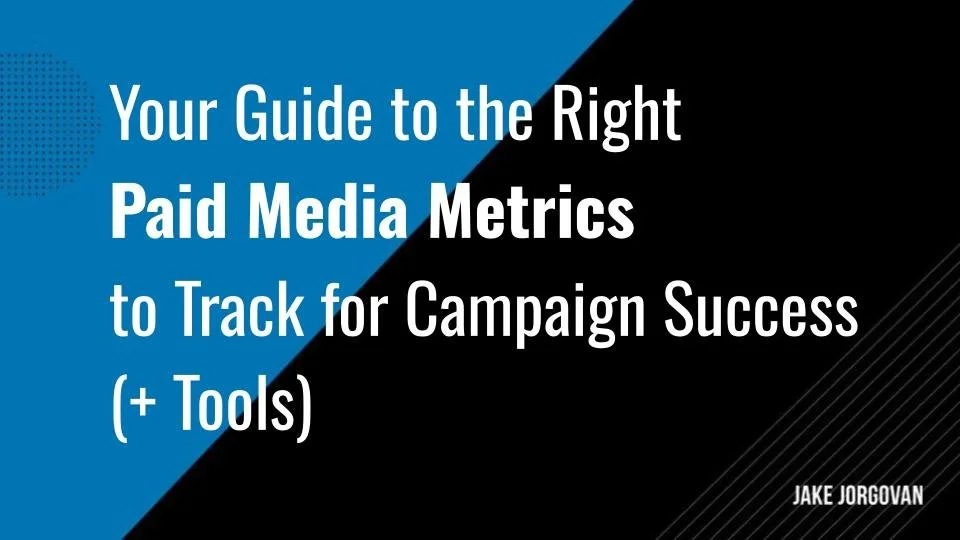



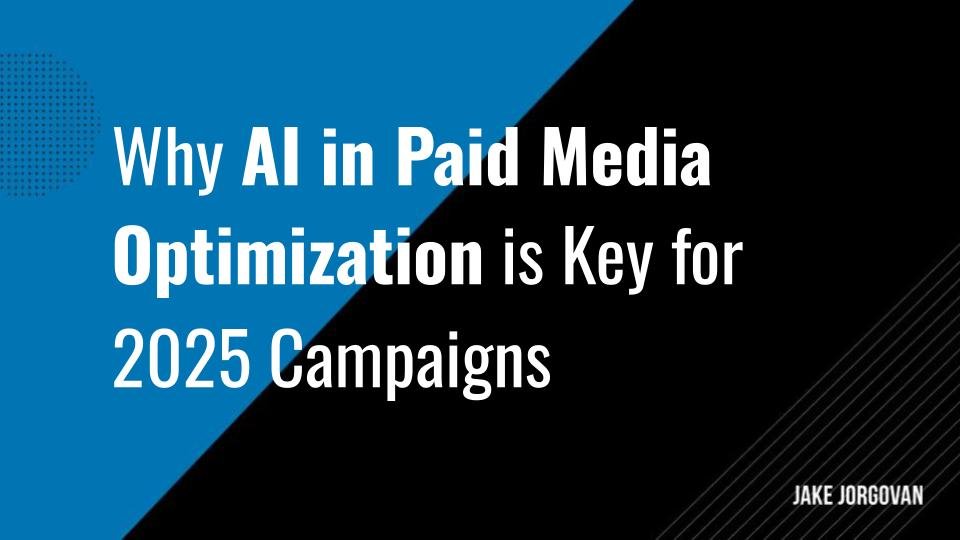
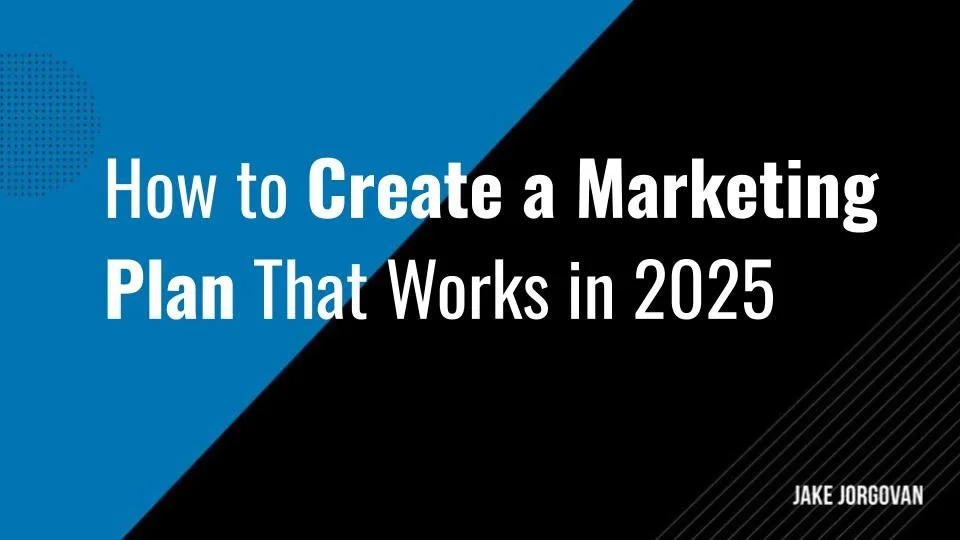
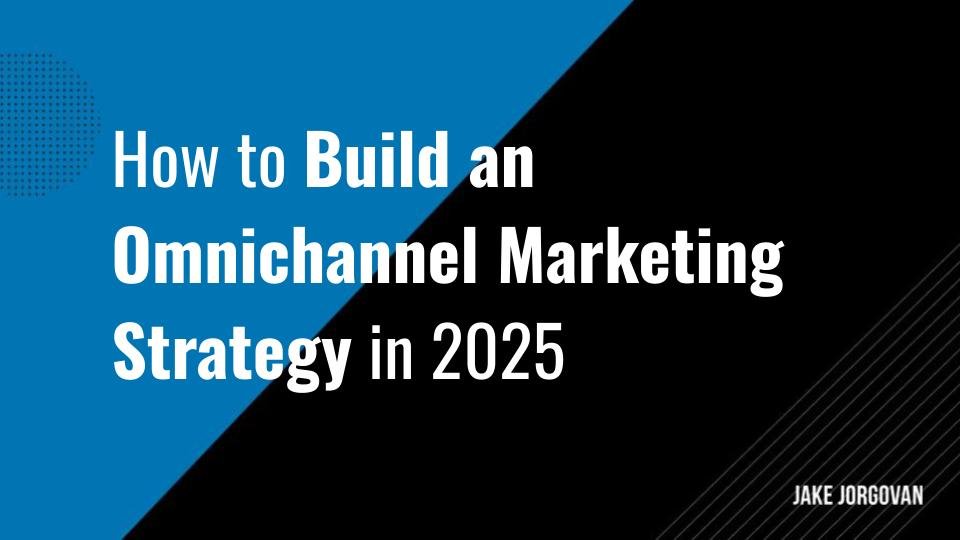

![Top 22 Paid Media Agencies to Work With in 2025 [Updated in March]](https://images.squarespace-cdn.com/content/v1/50baa49de4b0e51d69257e33/1705515561307-56Z45GN80B4L6J77ELDR/Top+12+Paid+Media+Agencies+to+Work+With+in+2024+%5BUpdated%5D.jpg)







